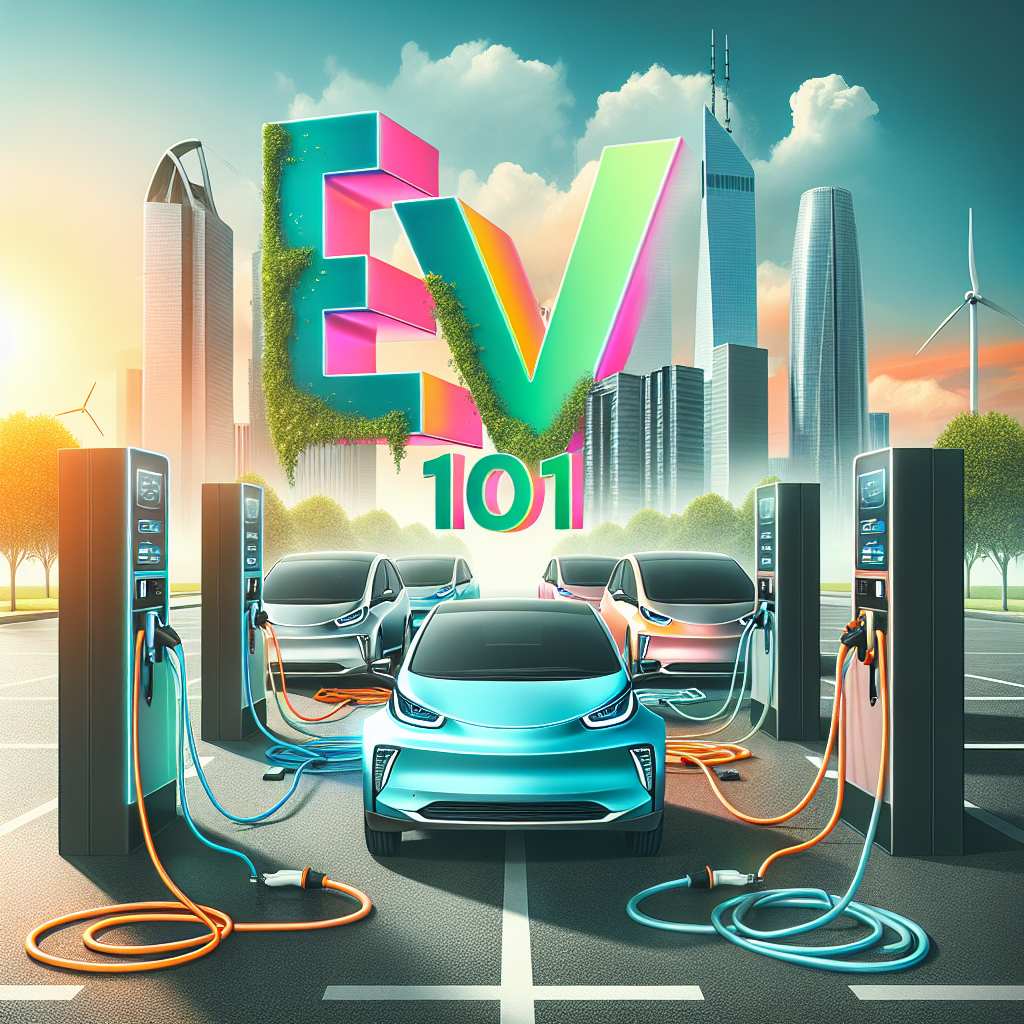As the world shifts toward sustainable practices, electric vehicles (EVs) are more than just a trend—they are becoming a crucial part of our transportation landscape. From reducing carbon emissions to lowering fuel costs, EVs represent a transformative leap in how we think about mobility. In this article, we will explore the basics of electric vehicles and why they matter for both individuals and the planet.
What is an Electric Vehicle?
An electric vehicle (EV) is a car that is powered by electricity instead of gasoline or diesel. EVs use electric motors and large battery packs that store electrical energy. This fundamental difference not only minimizes reliance on fossil fuels but also contributes to lower operational costs and reduced environmental impact.
Types of Electric Vehicles
-
Battery Electric Vehicles (BEVs): These are fully electric cars that run entirely on electric power. They must be plugged in to recharge and have no internal combustion engine (ICE) whatsoever.
-
Plug-in Hybrid Electric Vehicles (PHEVs): A blend of traditional gasoline engines and electric power, PHEVs can run on electric energy for a limited distance. Once the electric range is depleted, they switch to gasoline.
- Hybrid Electric Vehicles (HEVs): These vehicles combine a gasoline engine with an electric motor but do not plug in to recharge. Instead, they utilize regenerative braking and rely on the internal combustion engine for most of their power.
The Benefits of Electric Vehicles
Environmental Impact
One of the most significant advantages of EVs is their potential to reduce greenhouse gas emissions. The transportation sector is a leading contributor to air pollution and climate change. By replacing traditional vehicles with EVs, we can significantly reduce our carbon footprint. According to studies, EVs have the potential to cut emissions by up to 60% over their lifetime when charged with renewable energy sources.
Cost Savings
EVs generally have lower maintenance and fuel costs compared to their gasoline counterparts. Electric power is cheaper than gasoline, and EVs have fewer moving parts, which often results in lower maintenance expenses. Many owners report significant savings over the life of their vehicles, making EVs a financially smart choice.
Quiet and Smooth Driving Experience
Driving an electric vehicle is a unique experience. The electric motor offers immediate torque, allowing for quick acceleration without the noise and vibration of a traditional engine. This creates a serene and enjoyable driving experience.
Common Misconceptions about EVs
Limited Range
A common myth around electric vehicles is their limited range. Modern EVs are continually improving, with many models now offering ranges of over 300 miles on a single charge. Advances in battery technology and infrastructure mean longer distances are more achievable than ever.
Charging Infrastructure Challenges
While charging stations are still less ubiquitous than gas stations, the infrastructure is rapidly expanding. Many public and private entities are investing in charging networks, making it increasingly convenient to recharge your EV. Home charging solutions, such as Level 2 chargers, are also available, allowing drivers to charge overnight.
The Future of Electric Vehicles
The EV market is poised for unprecedented growth. With major automotive manufacturers committing to electric line-ups and governments enforcing stricter emissions regulations, the shift toward electric driving will accelerate. Furthermore, advancements in battery technology are expected to enhance range, reduce costs, and improve charging speeds—making EVs more accessible to the average consumer.
Innovations to Watch
-
Solid-State Batteries: These batteries promise higher energy density and reduced charging times compared to traditional lithium-ion batteries.
-
Vehicle-to-Grid (V2G) Technology: This innovation allows electric vehicles to send stored energy back to the grid, enhancing energy efficiency and sustainability in power management.
- Autonomous Driving: Many EV manufacturers are investing in autonomous driving technology, which could drastically change the way we view personal and public transportation.
Conclusion
Electric vehicles represent a pivotal shift in our transportation habits. With tangible benefits for the environment and personal finances, embracing EV technology is not only a step toward sustainable living but also a smart investment for the future. With a growing infrastructure, improved technologies, and government support, we are likely on the brink of a transportation revolution that will pave the way for cleaner, greener roads ahead.
Start Your Electric Journey Today
As the automotive landscape continues to shift towards electrification, consider investing in an electric vehicle to contribute to a more sustainable world. Explore various models and incentives available, and join the movement toward a cleaner future. The road is electric—are you ready to drive into it?






